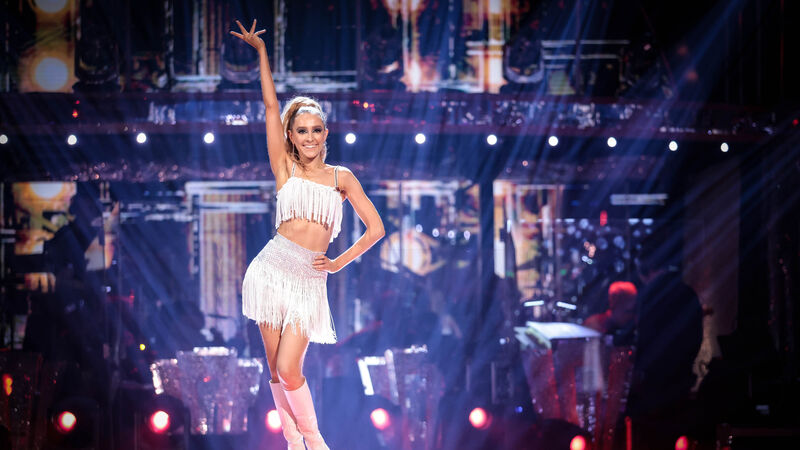Fergus Finlay: Rose and Lizzie show outstanding ability in spite of discrimination on disability

Rose Ayling-Ellis performing on 'Strictly Come Dancing'. She is a dancer with a disability that ought to limit her as a dancer. But it doesn’t.
Try from €1.50 / week
SUBSCRIBE
Rose Ayling-Ellis performing on 'Strictly Come Dancing'. She is a dancer with a disability that ought to limit her as a dancer. But it doesn’t.
I have a small group of friends that I’ve known since my highly undistinguished years in University College Cork. Boys when I knew them first, they are wise old men now. Erudite, literary, artistic, and all deep-thinking philosophers. I am in awe of them.
We have a plan for a two-day lunch, at some indeterminate point in the future. All I know about it right now is that it will either start or end in the Long Valley Bar where Winthrop Street meets Oliver Plunkett Street. To be honest, it’s more their bar than mine — but the pubs I used to frequent back in the day are either gone or have failed to retain the character that drew me to them.
Already a subscriber? Sign in
You have reached your article limit.
Annual €130 €80
Best value
Monthly €12€6 / month
Introductory offers for new customers. Annual billed once for first year. Renews at €130. Monthly initial discount (first 3 months) billed monthly, then €12 a month. Ts&Cs apply.
CONNECT WITH US TODAY
Be the first to know the latest news and updates
Newsletter
Sign up to the best reads of the week from irishexaminer.com selected just for you.

Select your favourite newsletters and get the best of Irish Examiner delivered to your inbox
Monday, February 9, 2026 - 6:00 AM
Monday, February 9, 2026 - 8:00 AM
Monday, February 9, 2026 - 12:00 PM
© Examiner Echo Group Limited